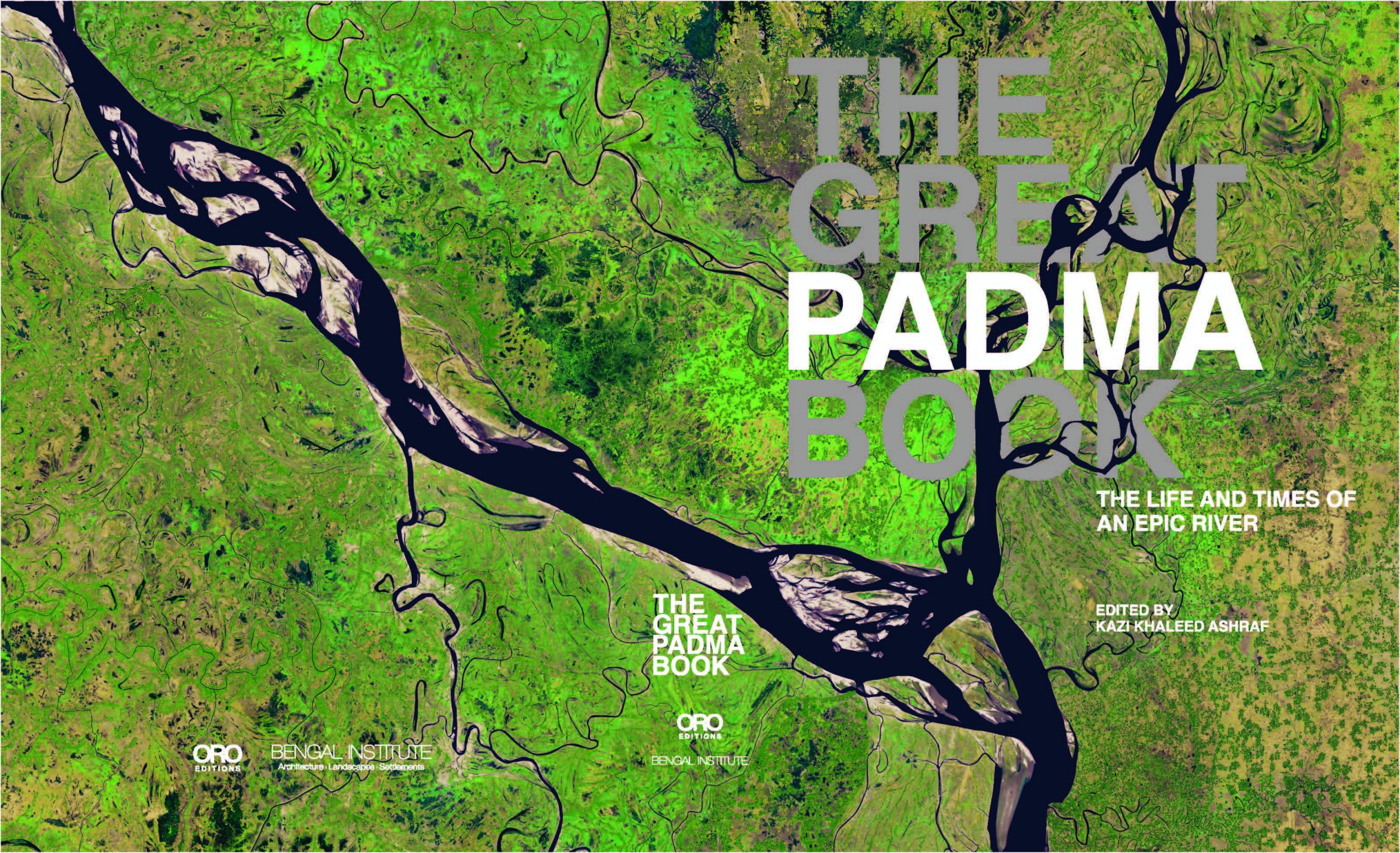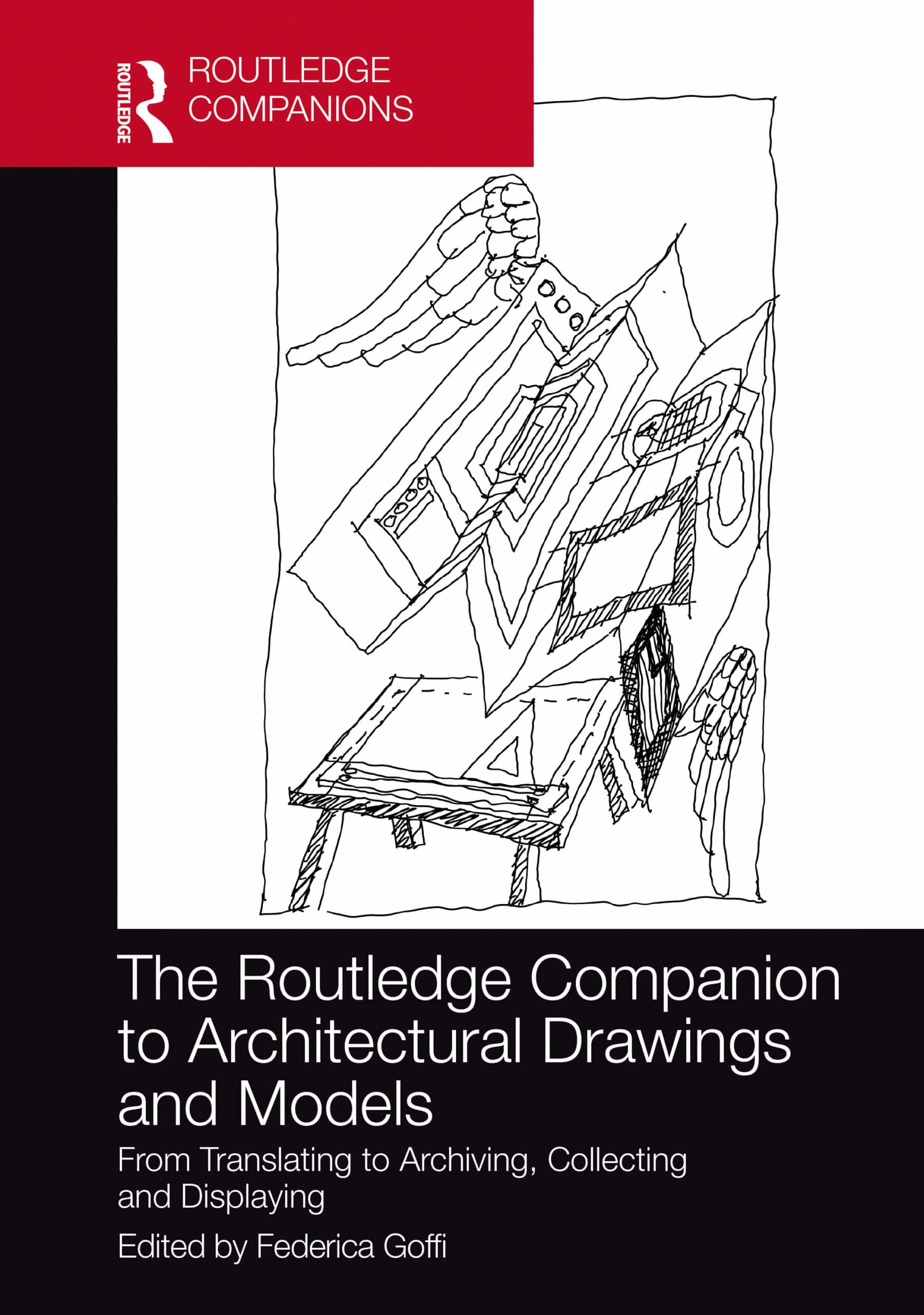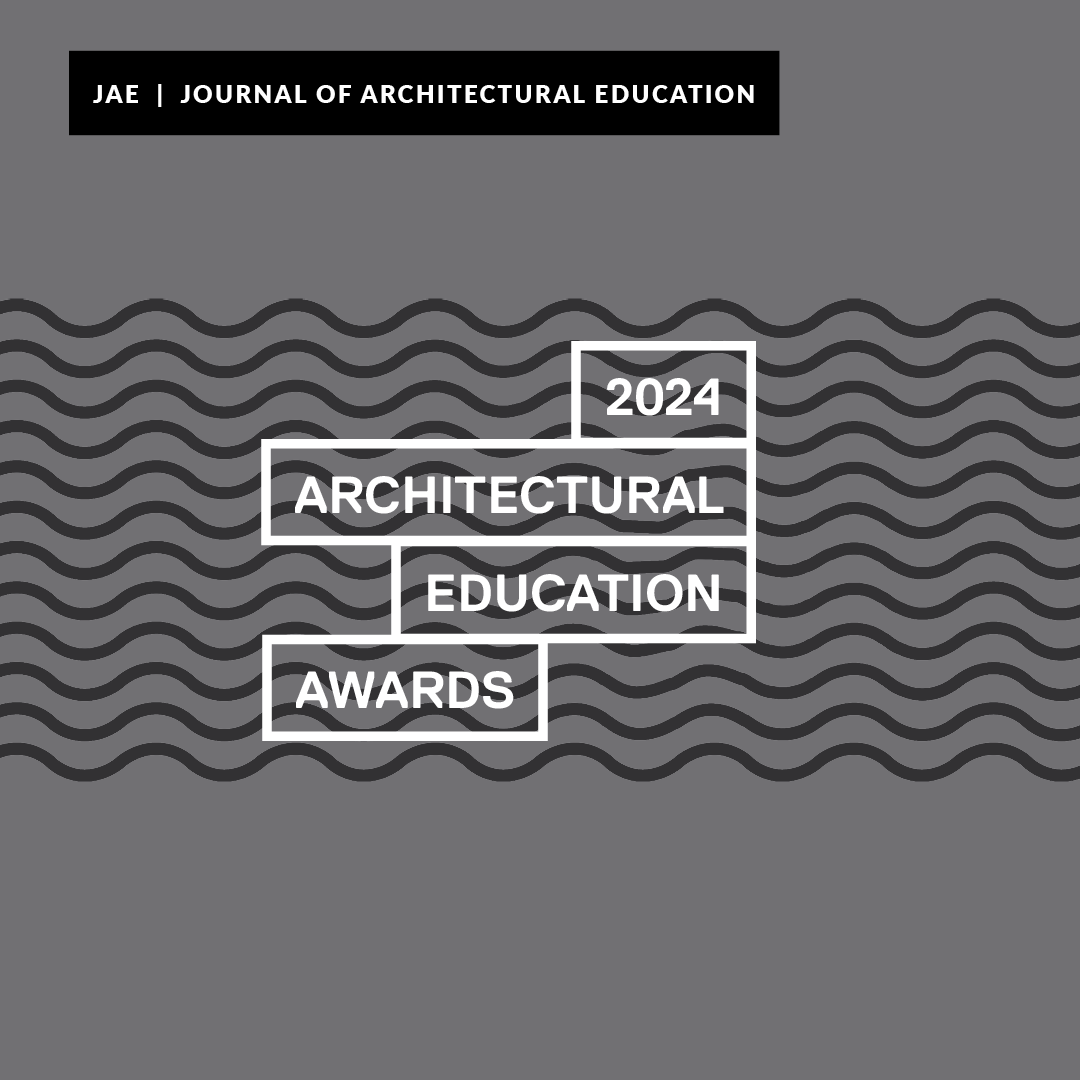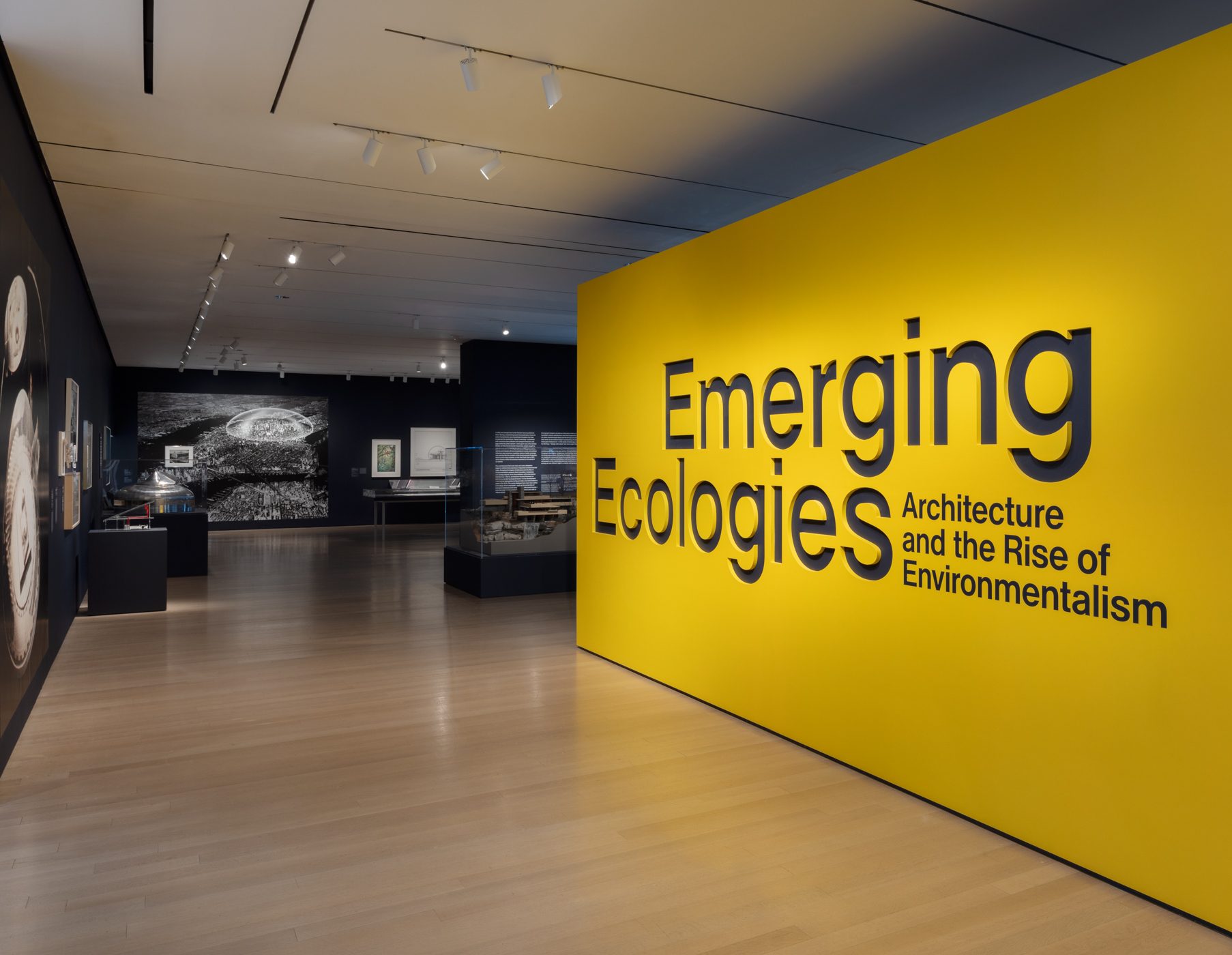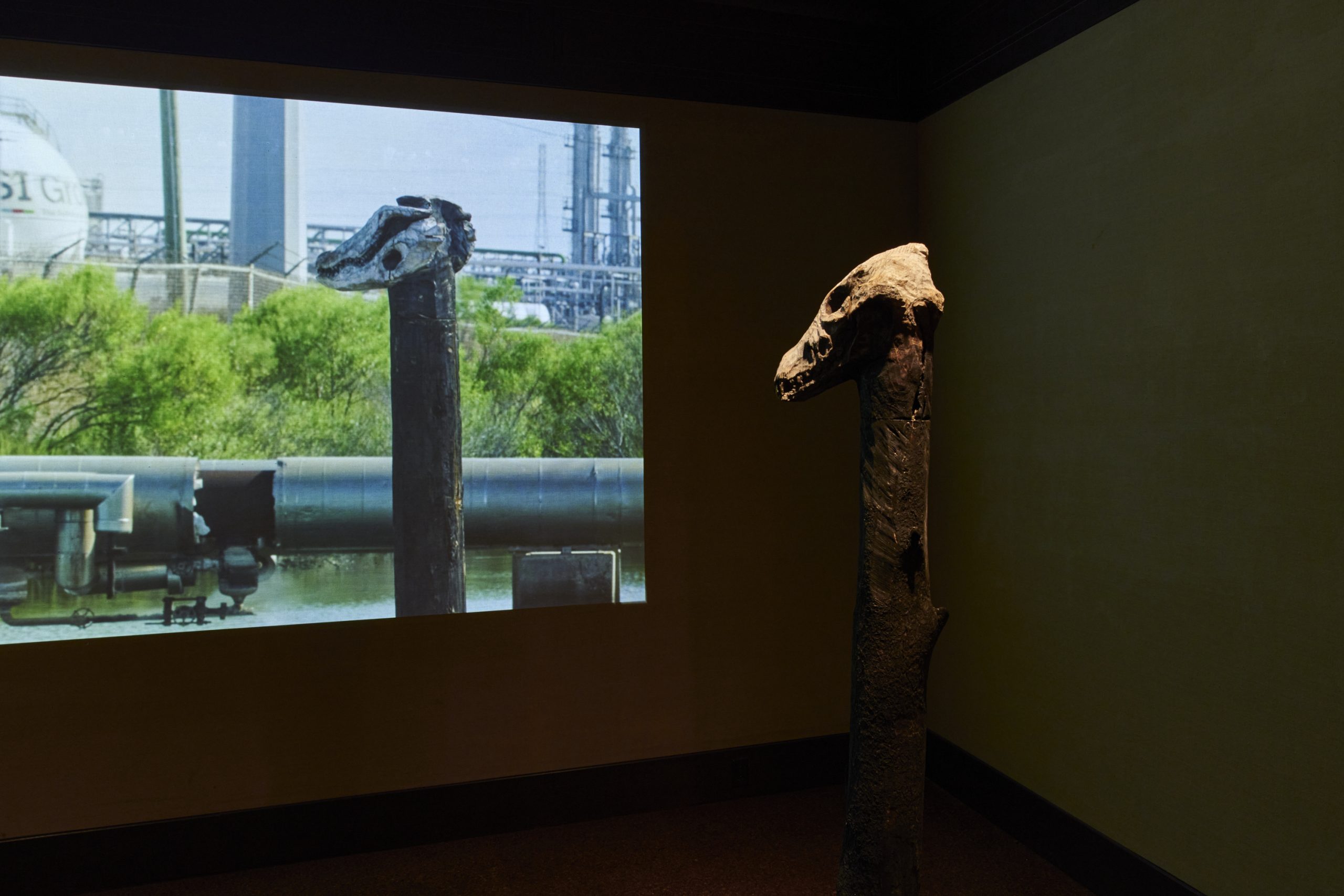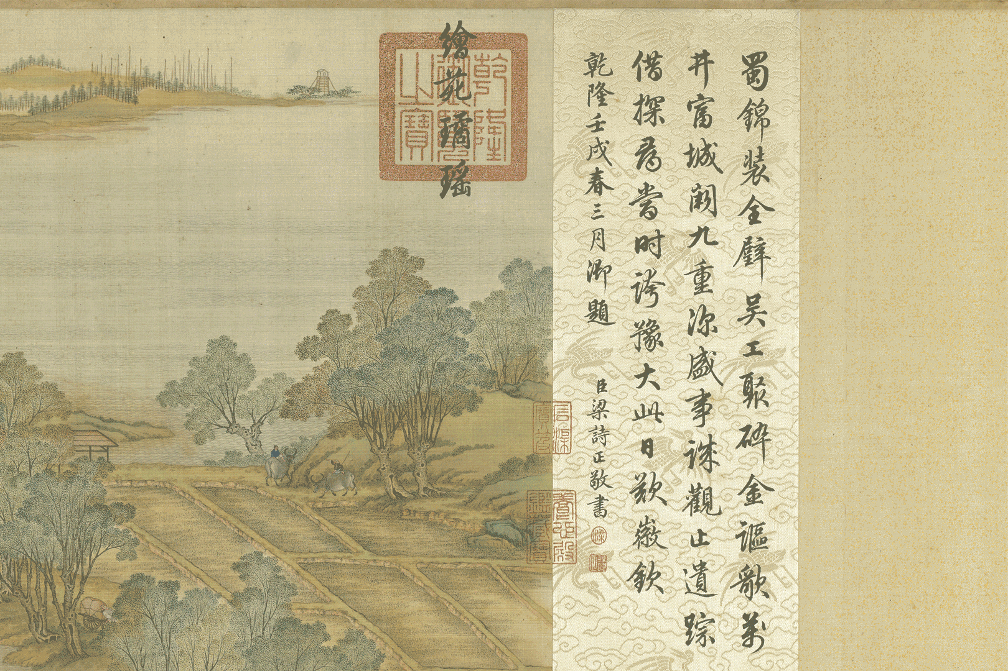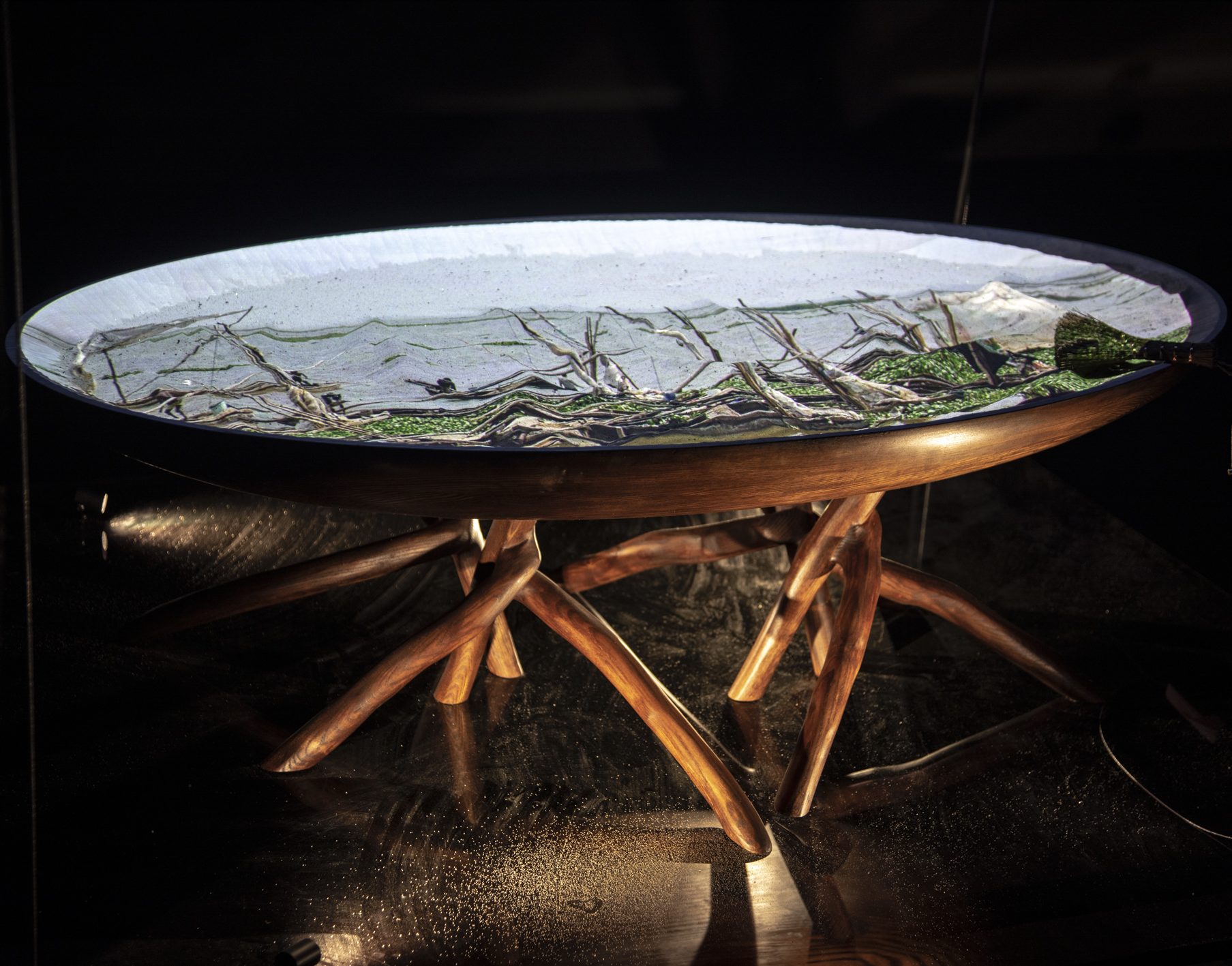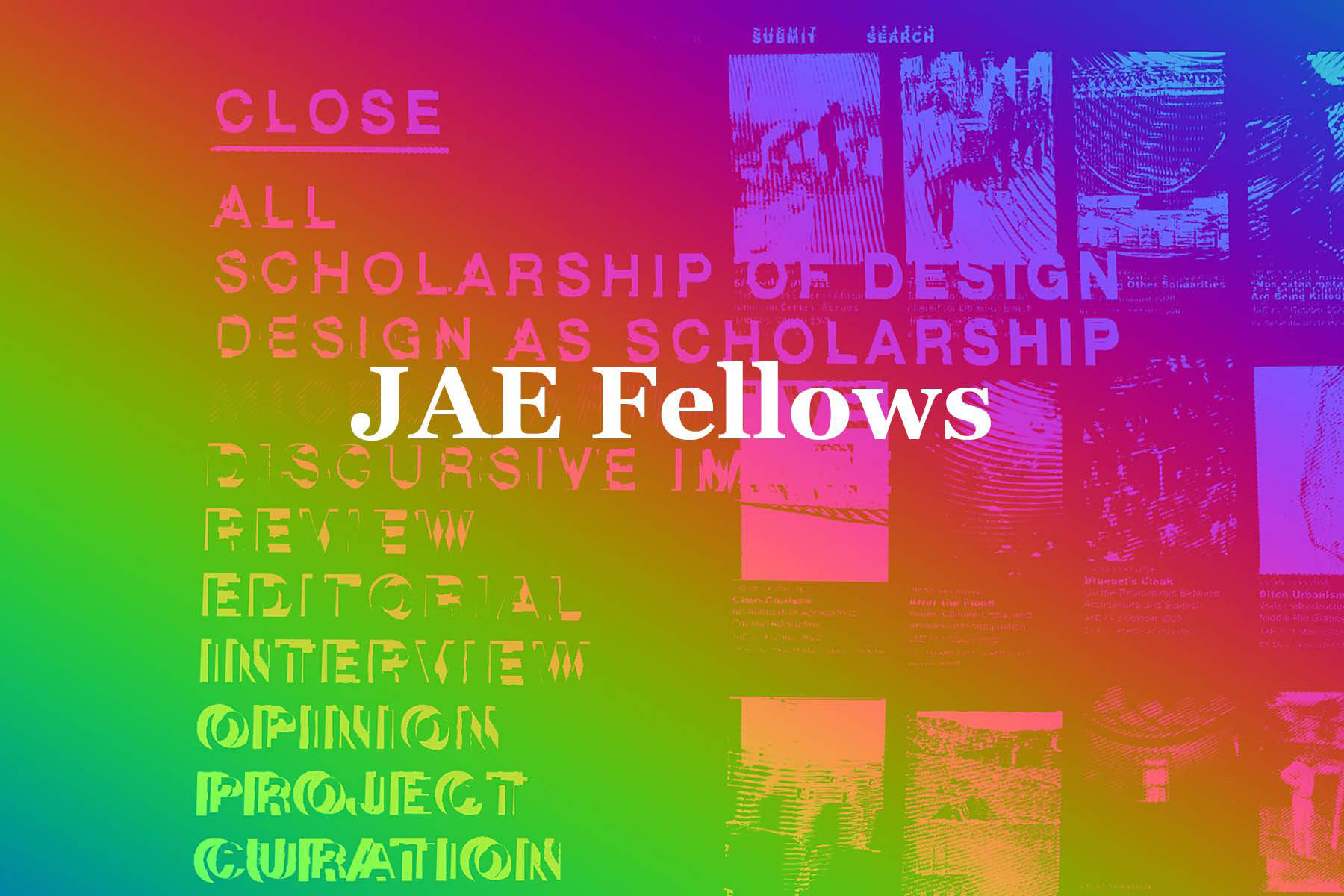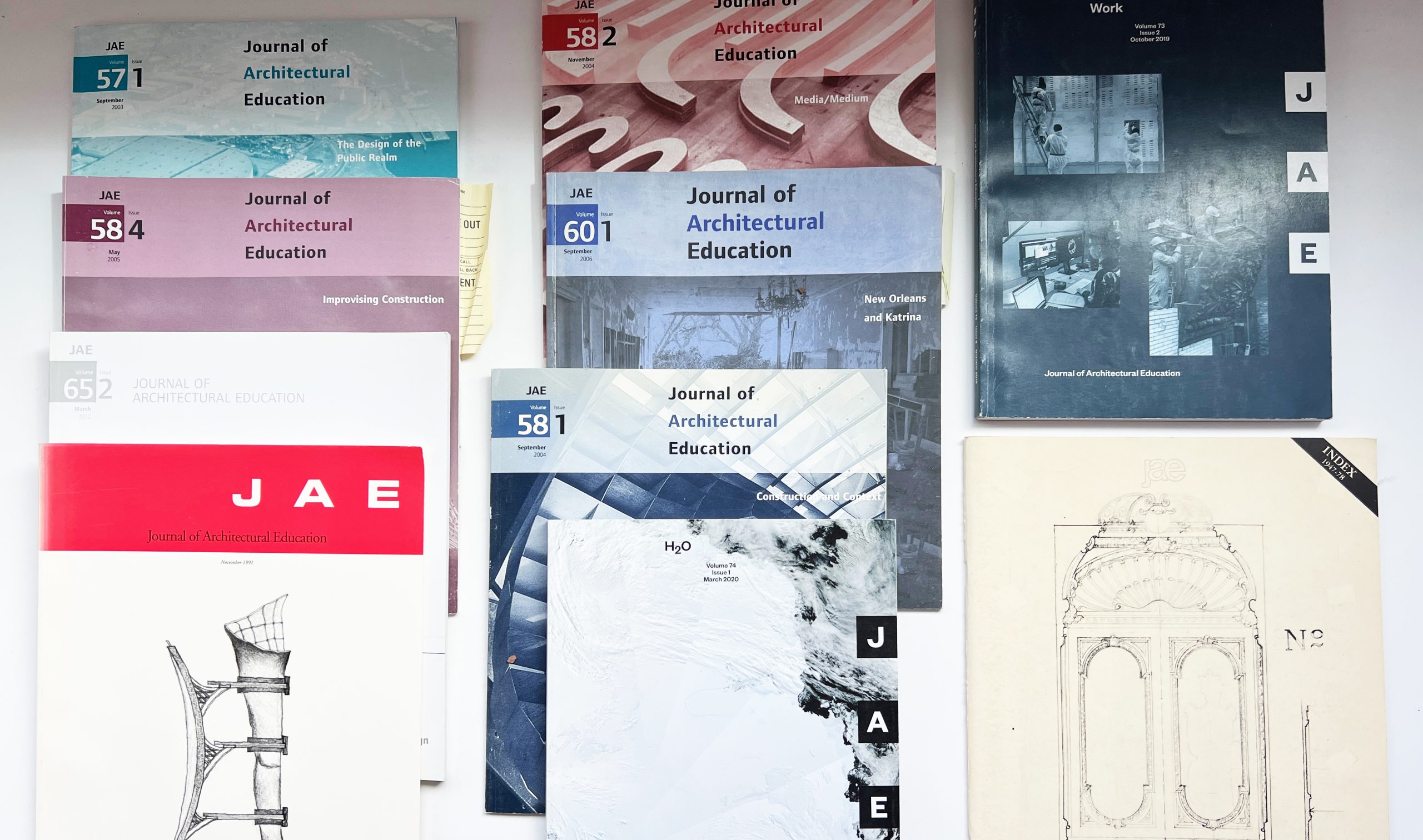Architecture extracts. The term extraction derives from the Latin extrahere, meaning “to draw out,” “to drag out,” “to remove.” While extraction has been occurring for thousands of years, colonialism and global capitalism have together accelerated the removal and commodification of physical and non-physical resources, defining our current systems of extractivism. Situating architecture’s relationship with—and beyond—the many forms of contemporary extractivism and extraction more broadly, this issue reimagines this condition of ‘drawing out’ in expansive and inclusive ways that challenge the geo-logics of extraction within design. How do architectural practices, pedagogies, and institutions permeate society, economics, and culture through extractive logics? Going beyond extractive regimes, what alternative spatial, architectural, economic, and political models can more equitably consider, respect, and distribute resources? JAE 79:1 will explore the relationship between extraction and the material culture of architecture: from the scale of the brick to that of the mine; from extractive capitalism to models of care and reciprocity. How are colonialism, labor, and technology implicated in the production of space, form, and inhabitation? How might we go beyond extractive models to consider mutualism and solidarity as critical to the formation of regenerative systems?
JAE accepts contributions in the categories of Essay, Design, Narrative, and Image. Submissions might examine specific materials and the properties that have fueled extractive networks and defined building cultures; unpack the correlation between extraction and environmental violence; trace the entanglements of land, energy, and capital; or uncover the exploitative ways that labor and knowledge is used in practice, construction, and pedagogy. Essays and design work–by authors or their students in studio, workshop or seminar settings–might also focus on non-extractive practices of repair, stewardship, and creative material reuse. This work might articulate the role of deconstruction and unbuilding to fundamentally rethink material sourcing, or it may examine material reuse projects whose pedagogy is grounded in a non-extractive ethos. Image submissions might focus on representational models that reveal the complex entanglements of extractive networks, depict processes needed for impactful material reuse, or highlight building practices that operate beyond extraction. We welcome scholarship on radical spatial praxes and pedagogies that have been used to resist extractivism and build a world beyond extraction.
This call asks for critical examinations of the systems and processes of extraction that shape architecture as well as work that highlights non-extractive practices. Broader themes to be examined in the issue include:
- Drawing out — How do the tools of representation enable us to represent the spatial/ non-spatial forces of extraction, and what new modes of representation might allow for the transition to non-extractive practices?
- Resistance and Solidarity — How might the processes of building and unbuilding be reconsidered in non-extractive ways through reuse, reclamation, moratoriums, or alternative techniques?
- Codes and Conventions —- How can institutions offer agency to an expanded set of rightsholders to craft new policies that go beyond extractivism? How might social, economic, and political protocols—both formal and implied—be upended to transition to a non-extractive practice?
Building upon the recent issue Worlding. Energy. Transitions, Architecture Beyond Extraction will focus specifically on the entanglements of architecture and extractivism, seeking out alternative material, land, and labor practices that consider our futures beyond extraction.
The submission deadline for all manuscripts for this theme issue is August 2, 2024. Accepted articles will be published in issue 79.1 (Spring 2025). For author instructions please consult the author guide.
Image courtesy of Andrea Vela Alarcón.






